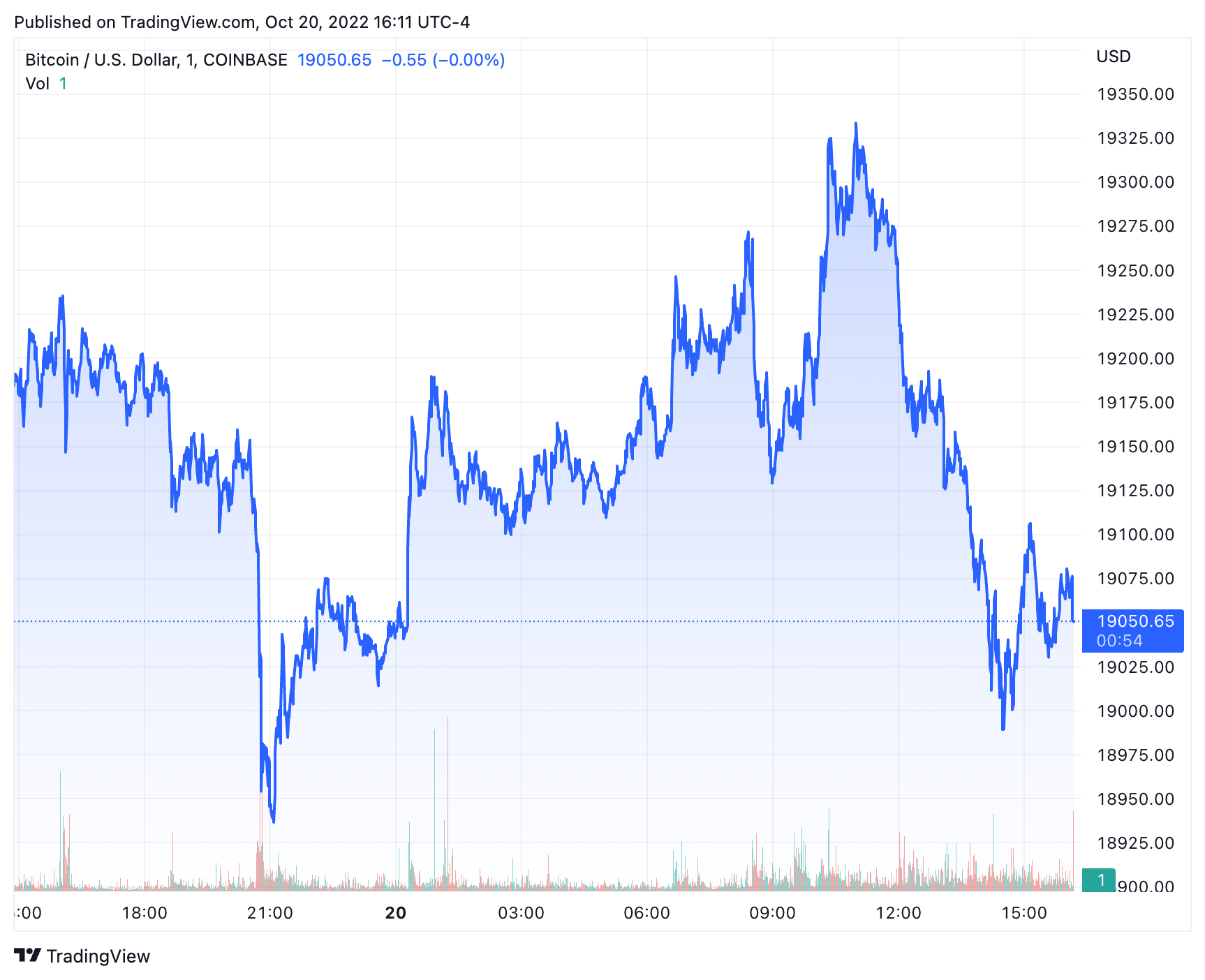Episode 102 of Season 4 of The Scoop was recorded at Messari Mainnet 2022 with The Block’s Frank Chaparro and North Island Ventures Managing Partner Travis Scher.
Listen below, and subscribe to The Scoop on Apple, Spotify, Google Podcasts, Stitcher, or wherever you listen to podcasts. Email feedback and revision requests to podcast@theblockcrypto.com.
In September, North Island Ventures launched a new $125 million fund to invest in emerging crypto and Web3 companies.
In this episode of The Scoop, North Island Ventures Managing Partner Travis Scher unpacks the thesis behind the new fund and explains his firm’s vision for how the crypto industry will evolve over the next couple of decades.
According to Scher, the tribalism that currently pits enthusiasts of competing blockchains against each other will fade over time:
“I do not think there will be one blockchain to rule them all. I think that when we look back in ten years, we will think that the tribal battles among branded blockchains that we see playing out at conferences like this were really quite silly.”
One corner of the market North Island is focusing on in particular is the Cosmos ecosystem, as Cosmos’ interoperable network of blockchains aligns with North Island’s long-term view of the crypto market.
As Scher explains, North Island envisions crypto evolving into a seamless network of blockchains:
“When we set our thesis in 2020, we said, ‘We believe, in its end state, crypto is an interoperable network of networks that facilitates the seamless exchange of value and data all across the world.”
During this episode, Chaparro and Scher also discuss:
- Why DeFi and NFTs still have plenty room to mature
- What red flags to look for in founders as a VC
- How VCs can best support their portfolio companies
This episode is brought to you by our sponsors Tron, Ledn
About Tron
TRON is dedicated to accelerating the decentralization of the internet via blockchain technology and decentralized applications (dApps). Founded in September 2017 by H.E. Justin Sun, the TRON network has continued to deliver impressive achievements since MainNet launch in May 2018. July 2018 also marked the ecosystem integration of BitTorrent, a pioneer in decentralized web3 services boasting over 100 million monthly active users. The TRON network completed full decentralization in December 2021 and is now a community-governed DAO. | TRONDAO | Twitter | Discord |
About Ledn
Ledn was founded on the unshakeable conviction that digital assets have the power to democratize access to the global economy. We help you to experience the real life benefits of your Bitcoin without having to sell it. Start a savings account, take out a loan, or double your Bitcoin. For more information visit Ledn.io
© 2022 The Block Crypto, Inc. All Rights Reserved. This article is provided for informational purposes only. It is not offered or intended to be used as legal, tax, investment, financial, or other advice.
Go to Source
Author: Davis Quinton and Frank Chaparro

